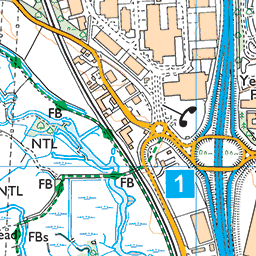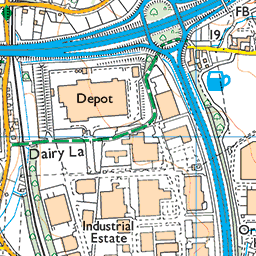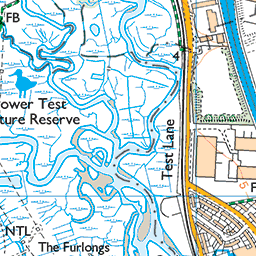Added to your Itinerary Planner below
Distance calculator
Map Filters
Customise your trip with our filters.
Map Filters

Toggle between the options below to show available markers.
General info Equestrian Info Cycling InfoAccommodation
Points of interest
Services
Routes
Accommodation
Points of interest
Transport
Accommodation
Points of interest
Transport


















The custom route elevation is created when you use the distance calculator (above) to draw a line.
The custom route elevation is created when you use the distance calculator to draw a line.

The development of the harbour in Whitehaven started with the beginning of the Irish coal trade. In 1634 Sir Christopher Lowther built a stone jetty, now known as the Old Quay. It is one of the oldest remaining coal wharves in Britain. This was extended in 1655 and again in 1687. Look out for the sundial on the side of the lighthouse, with the date 1730. Originally the lighthouse had an oil lantern, but this was replaced with a gas light in 1834.
The Sugar Tongue Quay (used for unloading sugar from the West Indies), later the Fish Quay, was added in 1809. The Lime Tongue (from which large quantities of lime were exported in the 19th Century) was added in 1754. As trade continued to expand, additional quays were built, culminating in the construction of the North Pier (1833-41) and the West Pier (1824-38) The West Pier was designed by the great civil engineer, John Rennie.
The final phase was the Queens Dock, built between 1872 and 1876. The Marchon chemical plant, on the hill above Whitehaven, was a major user of the Queens Dock for many years until 1992, bringing calcium phosphate from Africa to make detergents.
